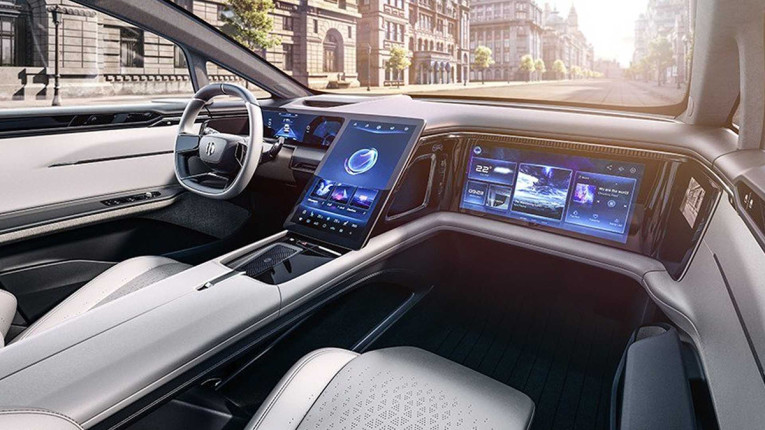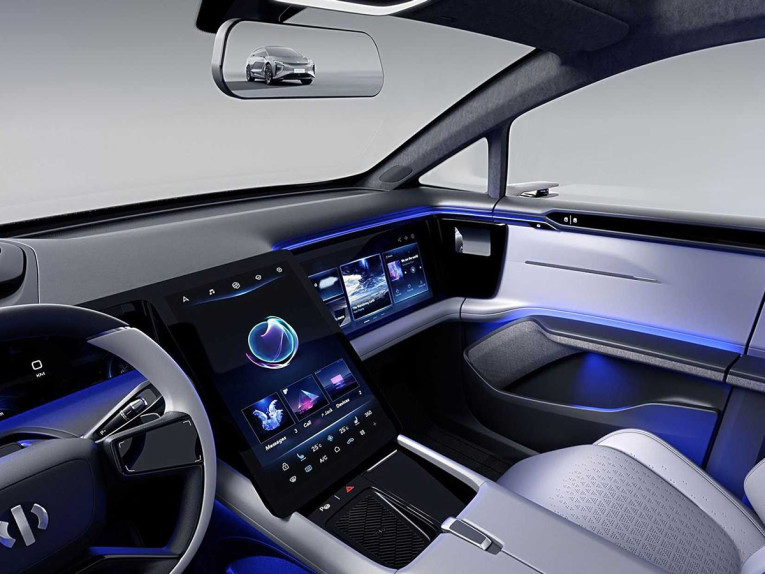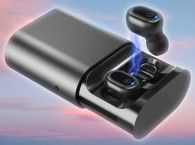
A number of internal and external market drivers are contributing to, and having an impact on, the automation levels and rate of growth including regulatory legislation, infrastructure development, scale, advancements in sensors technology, cost of technology, electric vehicle growth, mobility-as-a-service, vehicle-to-vehicle communication, and consumer acceptance. Addressing these factors and tapping into the vast market ecosystem will increase market opportunity as various strategies and business models continue to evolve.
"Given the advancements in key automation levels, several strategic partnerships across the automotive intelligence ecosystem have developed with leading OEMs, Tier 1, software and IC component suppliers," says Dennis Goldenson, director of artificial intelligence and machine learning at SAR Insight & Consulting. "As the automotive market emerges, these important partnerships are creating differentiated product offerings, and cultivating stronger competitive positions in the market."
According to SAR, leading companies such as Qualcomm, Intel and Nvidia are positioning themselves and competing in the high-performance autonomous driving platform market with SoC compute solutions to power automated vehicles.
"It’s a very exciting time to be participating in this dynamic and shifting industry," Dennis adds. "For a market that tends to have long life cycles, we expect the automotive market to aggressively adopt key audio and visual sensors and other technologies to enhance driving performance and safety.
"SAR Insight expects that, based on the growth of advanced driver assistance systems, the visual sensors market (cameras, radar and lidar) is projected to experience double digit CAGR over the forecast period. As AI advances and becomes more reliable, and vehicles are able to handle safety-critical data in real-time, consumer confidence and acceptance in driver-assistance functionality will grow."

According to SAR’s research, to help support the advancement of autonomous vehicles, manufacturers are investing $billions in fuel-efficient electric vehicle development. In compliance with growing government regulations, by the end of 2020, most major OEMs will be releasing at least one electric vehicle with many incorporating advanced driver assistance systems.
These findings are from SAR Insight & Consulting’s recently published study on ‘The Road to Automotive Intelligence’, which is published as part of its AI Applications and Use Cases service.
For further information, contact Peter Cooney, Research Director, SAR Insight & Consulting (+44 1392 580 960).
www.sarinsight.com





